Introduction
Our group is interested in understanding the cellular origin, etiology and pathogenesis of childhood leukemia. We aim to ascertain the cell in which mutations occur and we strive to discover which cells are responsible for triggering relapses. Furthermore, we work to identify new therapeutic targets and develop more targeted, less toxic therapies. To achieve this, our laboratory uses various approaches, including genetic studies, epigenetic techniques and animal models, as well as adoptive cell immunotherapy tools.
Our Research
Given that acute childhood leukemia (including the B, T and myeloid variants), and childhood cancer in general, are relatively uncommon illnesses, with around 500 cases in Spain each year, it does not represent a priority target for the pharmaceutical industry. As a result, there is a serious lack of active programs that aim to identify medicines to target childhood cancer. Our group has been investigating the origin of this diseases in utero, as well as its etiological causes and physiopathological mechanisms. In 2016, we began researching non-toxic, targeted adoptive cellular immunotherapies for these children with the aim of preventing the long-term effects of current chemotherapy.
Our Goals
Our group is currently involved in various lines of research in pursuit of the following objectives:
To understand the aetiology and pathogenesis of leukaemia in breastfeeding infants. To do so, we use primary samples taken from patients and develop different animal and cellular models based on prenatal (embryonic, foetal) and postnatal (neonatal and adult) stem cells.
To gain a better understanding of the role of bone marrow (BM) stroma in chemoresistance in acute myeloid leukaemia (AML) and identify new therapeutic targets for AML, which is the most common form of leukaemia in adults and whose prevalence increases with age.
To improve adoptive cellular immunotherapies against ALL-B, ALL-T and AML. To achieve this, we are searching for new therapeutic targets and developing new CARs (chimeric antigen receptors) for the different types of acute leukaemia.
Develop therapeutical options for B-ALL with aneuploidy. Understand how aneuploidy and chromosome instability develop in hematopoietic stem and progenitor cells and contribute to leukemogenesis. Project coordinated by Dr. Oscar Molina.
Our overall goal is to contribute towards curing 100% of childhood leukaemias or convert them into chronic conditions, without generating lifelong toxicities.
Our Challenges
Childhood diseases have an enormous emotional impact on the patient’s whole family and everybody around them. Moreover, we must not forget that children are the future of our society, so investing in their health will benefit the future of our society enormously. Through our research, we aim to:
Identify the cellular origin, cellular and molecular mechanisms, and the genetic and epigenetic composition of ALL-B in breastfeeding infants.
Contribute to the development of new therapeutic strategies in AML targeted towards reducing the resistance mediated through the BM microenvironment and that are particularly effective against LICs.
Develop adoptive cellular immunotherapies against ALL-B, ALL-T and AML using allogeneic T-cells without genome editing to eliminate TCR, CD3 and other molecules that play a role in immunological synapse.
Team
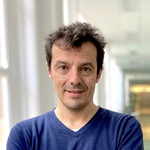
Senior group leader

Lab Manager
Research Associate
Postdoctoral Investigator

Postdoctoral Investigator
Postdoctoral Investigator

Postdoctoral Investigator
Postdoctoral Investigator

Postdoctoral Investigator
Postdoctoral Investigator
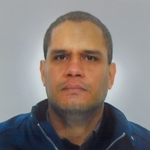
Postdoctoral Investigator

PhD Student

PhD Student
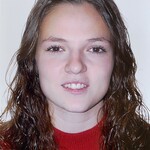
PhD Student
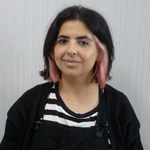
PhD Student

PhD Student
PhD Student
Senior Lab Technician
Selected Publications
Current Grants
Ministerio de ciencia e innovación
Desarrollo de una terapia CAR-T dual dirigida a CD1a/CCR9 para el tratamiento de la leucemia linfoblástica aguda de células T R/R

Agència de gestió d'ajuts universitaris i de recerca
SARCOMA-CAR Accelerating an armored CAR T cell therapy for metastatic/refractory bone and soft tissue sarcoma
Fundació "la caixa"
CARcoma Accelerating an armored CAR T cell therapy for metastatic/refractory bone and soft tissue sarcoma
Fundació d'estudis i recerca oncològica
Accelerating an armored CAR T cell therapy for metastatic/refractory bone and soft tissue sarcoma.
Fundación científica de la asociación española contra el cáncer
Células T (V1) alogénicas, HLA-independientes, redirigidas contra las dianas CCR9 y CD1a con un CAR dual para leucemia linfoblástica T en recaída/refractaria
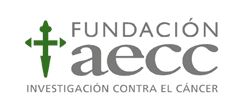
Deutsche josé carreras leukämie stiftung
Exploring the role of lipid droplets in the pathogenesis and chemoresistance of AML

Instituto de salud carlos iii
TERAV+
Fundación cris contra el cáncer
CAR-T PATROLs Development of CAR-T cells to fight metastasis
Fundación uno entre cien mil
Defining Immunutherapy-based pioneering therapeutic strategies for infant B-ALL patients
Deutsche josé carreras leukämie stiftung
Clonal heterogeneity and leukemia-initiating stem cell-driven pathophysiology of aneuploid childhood B cell acute lymphoblastic leukemia

Fundación eugenio rodríguez pascual
Estrategias terapéuticas pioneras basadas en inmunoterapia para LLA-B del lactante
European commission
CARxALL Next generation, off-the-shelf CD1a/CCR9-directed CAR immunotherapy for relapse/refractory T-cell acute lymphoblastic leukemia
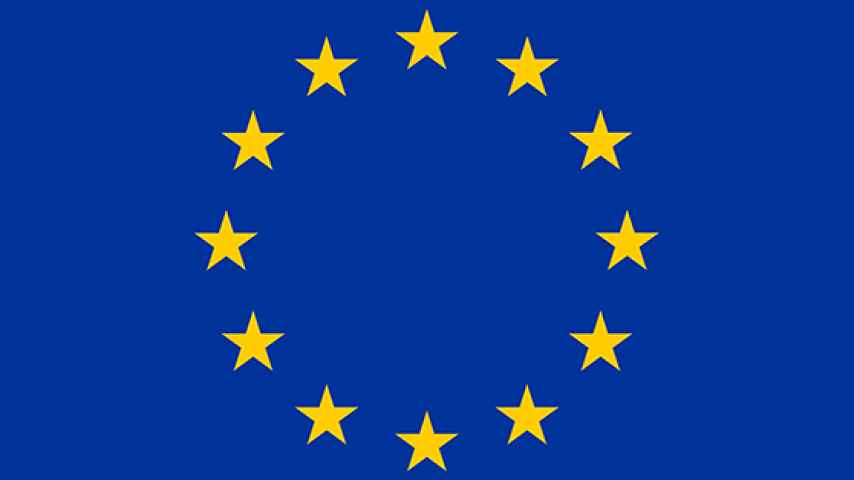
Instituto de salud carlos iii
Novedosas e innovadoras estrategias terapéuticas para pacientes con leucemia linfoblástica aguda B infantil con reordenamiento del gene MLL
Instituto de salud carlos iii
Acelerando una terapia de linfocitos CAR T armados con un TIM3-Fc decoy para sarcomas óseos y de tejidos blandos metastásicos/refractarios
Fundación científica de la asociación española contra el cáncer
Desarrollo inmunoterapia innovadora con CCR9 y CD1a CARTs para T-ALL
Ministerio de ciencia e innovación
Chromosome instability and leukemia-initiating stem cell-driven pathophysiology of aneuploid childhood B-cell acute lymphoblastic leukemia.

European commission
CARLY Development and characterization of a novel CAR T-cell therapy for NHL
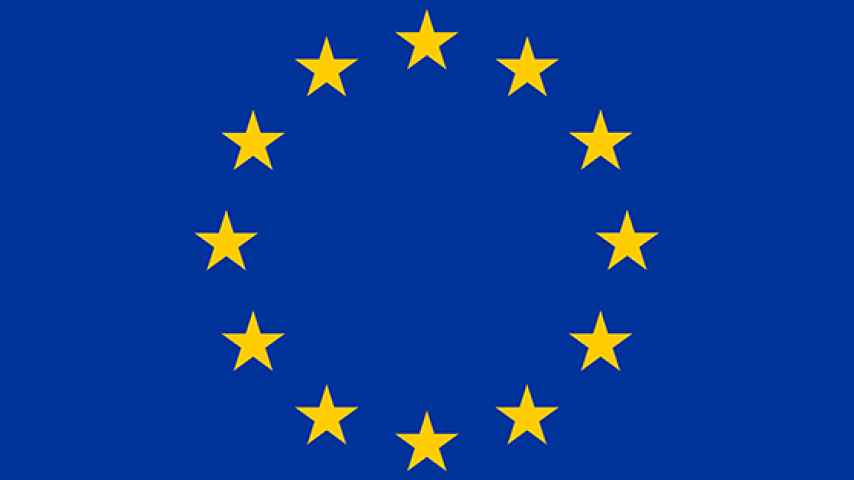
European commission
Máxima-Butterfly From Caterpillar to BUTTERFLY: supporting transformation of DCs in a paediatric oncology network
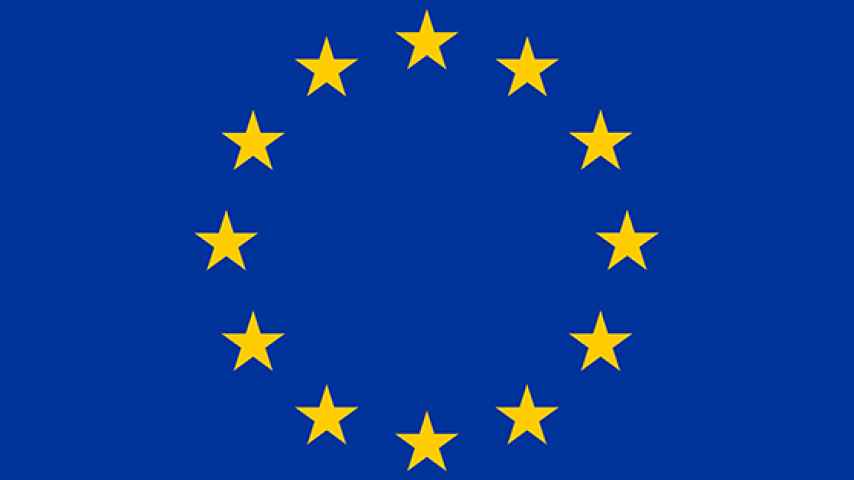
Ministerio de ciencia, innovación y universidades
Innovative strategies for cellular immunotherapies for pediatric acute leukemia
European commission
ALERT Contribution of Lipid Droplets to the pathogenesis and chemoresistance of Acute Myeloid Leukemia
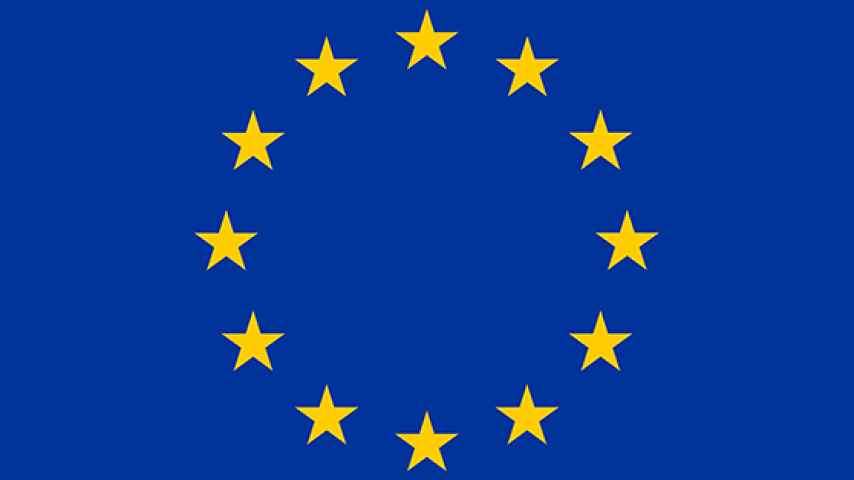
European commission
CARLY Development and characterization of a novel CAR T-cell therapy for NHL
Institució catalana de recerca i estudis avançats
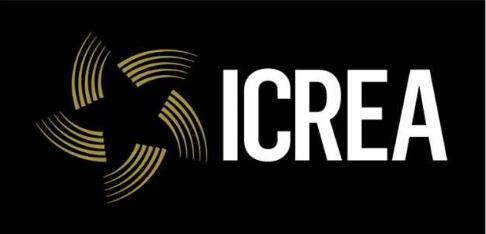
Ministerio de ciencia e innovación
Inestabilidad cromosómica y patofisiología de las células iniciadoras de leucemia en la leucemia linfoblástica aguda pediátrica con aneuploidías

Agència de gestió d'ajuts universitaris i de recerca
Development of new CAR-T treatment for glioblastoma multiforme
Ministerio de universidades
Explorando células efectoras alogénicas para inmunoterapia en leucemia aguda
